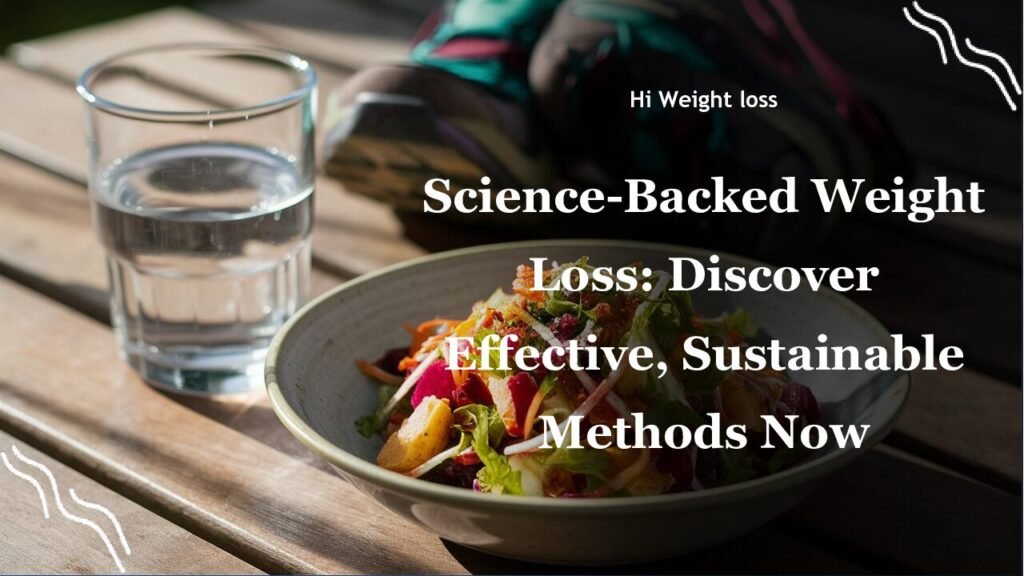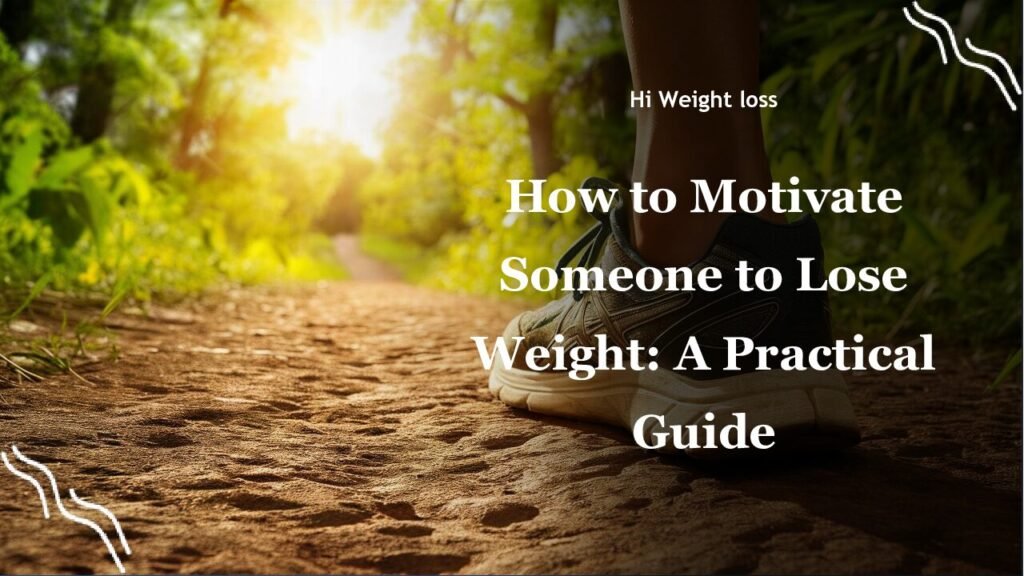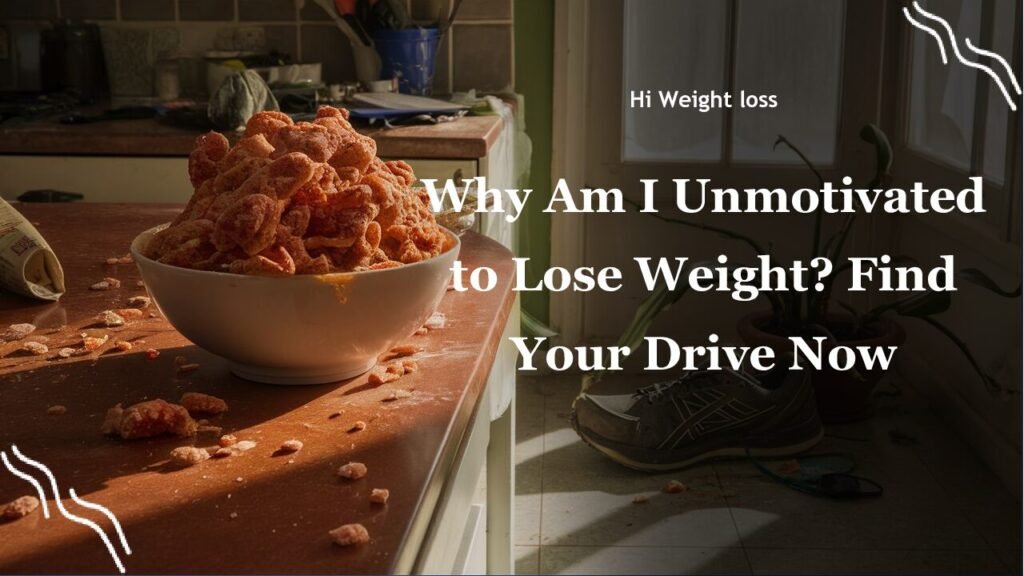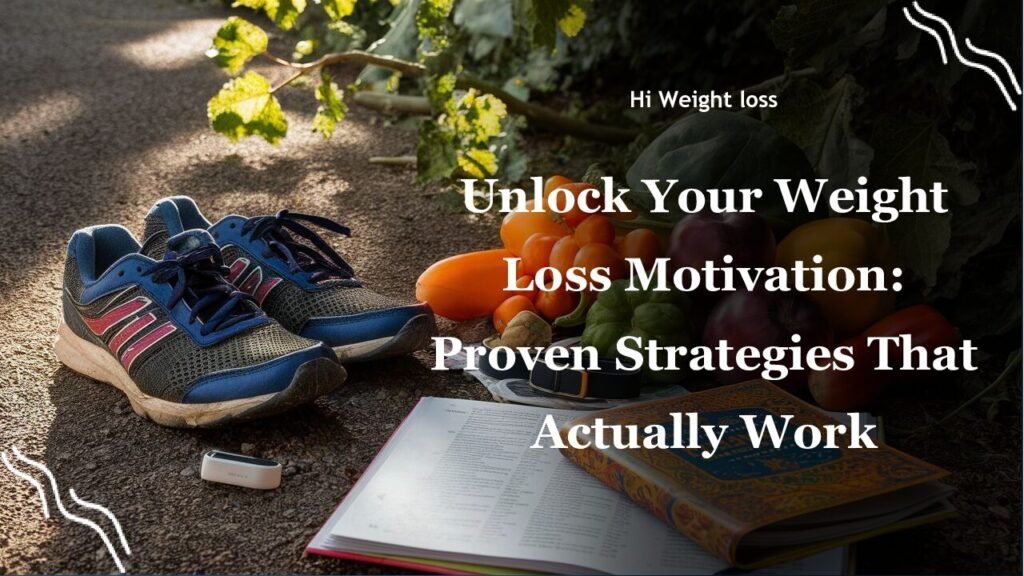“`
Struggling to shed those extra pounds and wondering, “Is there a quick way to lose weight?” It’s a common desire, especially when we’re bombarded with promises of rapid results. However, many quick fixes come with risks like nutrient deficiencies or a higher chance of gaining the weight back. This article will explore scientifically backed methods for weight loss, discuss the dangers of extreme diets, and guide you towards natural, sustainable ways to achieve your goals, drawing from research and real-life experiences.
The Science-Backed Approaches to Weight Loss
Intermittent Fasting: When You Eat Matters
Have you ever considered that it’s not just *what* you eat but *when* you eat that impacts weight loss? Intermittent fasting, a practice that involves restricting your eating window, has gained popularity. For instance, a friend of mine, Sarah, tried the 16/8 method, where she only ate during an 8-hour window each day. She told me, “I was surprised at how manageable it was and how much it curbed my late-night snacking.” This approach, supported by studies, helps reduce overall calorie intake and improve metabolic health. According to Medical News Today, intermittent fasting can be effective, but it’s essential to consult with a healthcare professional before making significant dietary changes.
Reducing Carbohydrate Intake: The Low-Carb Route
Lowering your carbohydrate intake can also contribute to weight loss, particularly when paired with exercise. Think about how you feel after a big plate of pasta versus a meal rich in protein and vegetables. I remember a phase where I experimented with cutting out simple carbohydrates like white bread and sugary drinks. I noticed a change in my energy levels and found it much easier to manage my weight. Research in this Medical News Today article suggests that a reduced-carb approach is quite helpful.
Hydration and Calorie Control: Simple Yet Effective Strategies
Sometimes the simplest changes make the biggest difference. Drinking water before meals is a technique I’ve personally found incredibly useful. It can help you feel fuller, which in turn, can reduce calorie intake. And have you ever actually tracked your calories? Keeping a food journal can be eye-opening. BBC Good Food, highlights hydration and calorie tracking as key strategies for weight management.
Physical Activity: Move Your Body
This may seem obvious, but consistent physical activity is vital. It’s not just about grueling workouts; even regular walks can make a difference. I started walking 30 minutes a day, five days a week, and it made a huge difference in how I felt and how easily I could manage my weight. Both BBC Good Food and Healthline emphasizes the importance of integrating physical activity into your routine.

The Hidden Dangers of Rapid Weight Loss
Unrealistic Goals: Chasing the Impossible
Setting goals like losing 10 pounds in 3 days can be very tempting, but it’s often unrealistic. When we chase these extreme outcomes, we tend to adopt unhealthy and unsustainable methods. It’s like a quick fix that only works in the short term, often leading to disappointment and weight regain. As Medical News Today points out, rapid weight loss is not a healthy or sustainable approach.
Nutrient Deficiencies: Sacrificing Your Health
Severely restricting your calorie intake can lead to significant health problems. It might not be just fat you’re losing but also essential muscle mass, plus you risk depriving your body of the nutrients it needs. A friend of mine tried a crash diet once, and the results were terrible. She felt weak, had constant headaches, and her energy levels plummeted. Healthline and other health sources emphasize that extreme dieting is not just unsustainable, but also harmful.
Natural and Sustainable Methods for Long-Term Success
High-Protein Diet: Feeling Fuller, Longer
Incorporating more protein into your diet can be a game changer. Protein helps you feel fuller for longer, reducing the temptation to overeat. I’ve noticed that when I have a protein-rich breakfast, like eggs, I’m not as hungry throughout the morning. Healthline highlights high-protein diets as a key method for sustained weight loss.
Mindful Eating: Reconnecting with Your Body
Mindful eating is not about restricting what you eat, but how you approach your food. It’s about being present, noticing your hunger cues, and savoring your meals. My sister used to eat while working at her desk, almost mindlessly. When she started practicing mindful eating, she realized how often she was eating out of boredom, not hunger. She began to eat less, and she enjoyed her food a whole lot more. Medical News Today often emphasizes the importance of mindful eating for weight management.
Balanced Diet: The Cornerstone of Health
At the end of the day, there’s no replacement for a balanced diet. Eating a variety of fruits, vegetables, whole grains, and lean proteins is essential for maintaining overall health and supporting your weight loss goals. Medical News Today, BBC Good Food, and Healthline, all consistently advocate for a balanced nutritional approach for healthy weight management.
| Method | Description | Benefits | Risks |
|---|---|---|---|
| Intermittent Fasting | Restricting eating to specific windows. | Reduced calorie intake, improved metabolic health. | Potential for overeating during non-fasting hours if not managed. |
| Reduced Carb Intake | Lowering carbohydrate consumption. | Weight loss, improved energy levels. | Can lead to nutrient deficiencies if not balanced. |
| Hydration & Calorie Control | Drinking water before meals and tracking calorie intake. | Reduced calorie intake, increased awareness. | Requires consistency and diligence. |
| Physical Activity | Engaging in regular exercise. | Calorie burning, improved metabolism. | Requires time and commitment. |
| High-Protein Diet | Increasing protein consumption. | Increased satiety, boosted metabolism. | May lead to excessive protein intake if not balanced. |
| Mindful Eating | Eating with awareness, noticing hunger cues. | Reduced overeating, better food enjoyment. | Requires practice and commitment. |
| Balanced Diet | Eating a variety of fruits, vegetables, whole grains, and lean proteins. | Maintained overall health, supported weight loss efforts. | Requires planning and knowledge of nutrition. |
Conclusion
While the allure of quick weight loss is strong, it’s crucial to approach it with caution. The most sustainable and healthy way to lose weight involves a combination of scientifically backed strategies, including intermittent fasting, reduced carbohydrate intake, hydration, and regular physical activity. Avoid extreme diets and unrealistic expectations that can lead to nutrient deficiencies and health issues. Instead, focus on building a balanced diet, incorporating plenty of protein, practicing mindful eating, and making regular movement part of your lifestyle. Remember my friend Sarah’s experience with intermittent fasting, it showed me how small changes can be powerful. Your weight loss journey should be about adopting long-term habits rather than chasing instant results. Share this article with friends who might find it helpful, and take that first step towards a healthier you today!
FAQ
Is it safe to lose weight quickly?
Losing weight quickly can be risky and may lead to nutrient deficiencies and a higher chance of regaining weight. Sustainable weight loss is generally more effective and healthier.
What is the most effective method for losing weight?
There’s no single magic bullet. A combination of a balanced diet, regular physical activity, and strategies like intermittent fasting or reducing carbs are often effective.
How much weight should I aim to lose per week?
A healthy and sustainable goal is to lose 1-2 pounds per week. It’s better to be consistent and steady than to chase unrealistic, rapid weight loss.
Can I lose weight without exercising?
While diet plays a significant role, exercise is crucial for long-term weight management and overall health. It helps to burn calories, build muscle, and boost your metabolism.
How can mindful eating help me lose weight?
Mindful eating helps you become more aware of your hunger and fullness cues, reducing the likelihood of overeating, while helping you enjoy the experience of eating more.
“`



